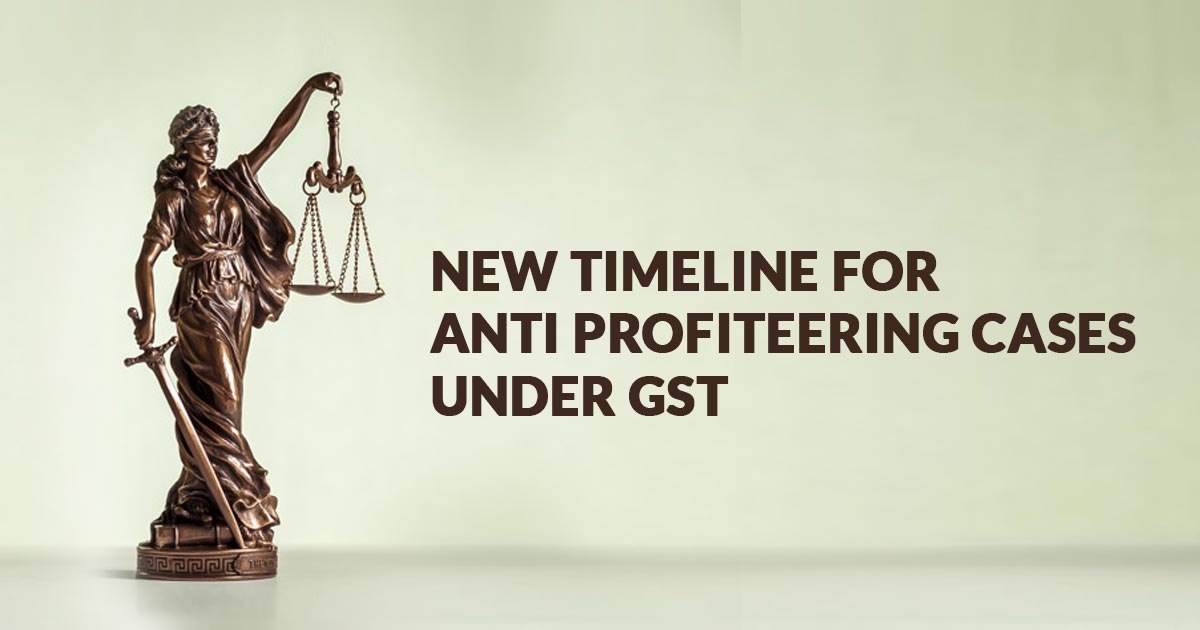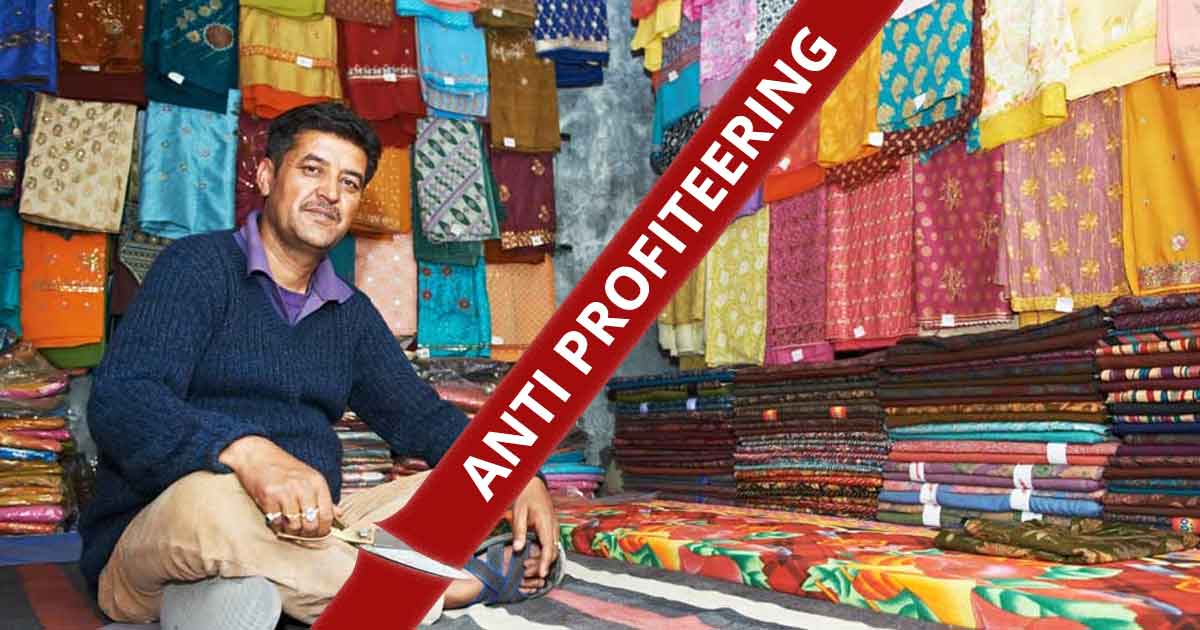On the concern of anti-profiteering investigations under the Goods and Services Tax framework, the government urges to have more time to reach over the outcome.

In the context of anti-profiteering, there comes a period when some organizations have charged the government with petitions in court. Much time might get consumed by the government to reach a conclusion over the anti-profiteering cases 
“The government has further extended the timeline for anti-profiteering authorities to complete their investigations, and as such, any investigations required to be closed by the DGAP by 30 November 2020 can now be completed up-to 31 March 2021. This extension much like the previous one seems to be on account of the limitations posed (inability for businesses to provide requisite data) to the revenue authorities on account of the ongoing pandemic, as well as the quantum of pending cases,”.
About the anti-profiteering context, the Delhi High Court has extended the hearing to January after revealing that there was no agreement between the tax administration and the companies who had raised the approach in court.
The Indian indirect tax department has been dragged into the court by 51 companies below GST. The judges seek to arrive at an agreement on which the investigation of the issues is to be done. Nearly 15 questions were held by the tax council seeking the details while the total companies had about 50 questions.
Various groups consisting of Abbott, Johnson & Johnson, Philips, Samsonite, Jubilant Foods, Abbott, Nestle, Whirlpool, Samsung, Reckitt Benckiser, and Patanjali, have requested the Delhi High Court for the anti-profiteering penalty. The companies will be levied with a penalty as well as interest if they are not able to do so for profiteering from the tax agreement.
“Any reduction in the rate of tax on any supply of goods or services
Get to know GST provisions and rules on the free supply of goods. Also, we have included rules regarding ITC reversal on free supplies of goods and services or the benefit of the input tax credit shall be passed on to the recipient (consumer) by way of commensurate reduction in prices.”
Tax will be levied for the company when it purchased the raw materials or other services that can be carried on to the buyer when the goods or services are sold under the GST as stated in the input tax credit. National anti-profiteering council is fining the companies who found taking advantage of GST and will not pass on the advantage of the tax or input tax credit to its clients.
